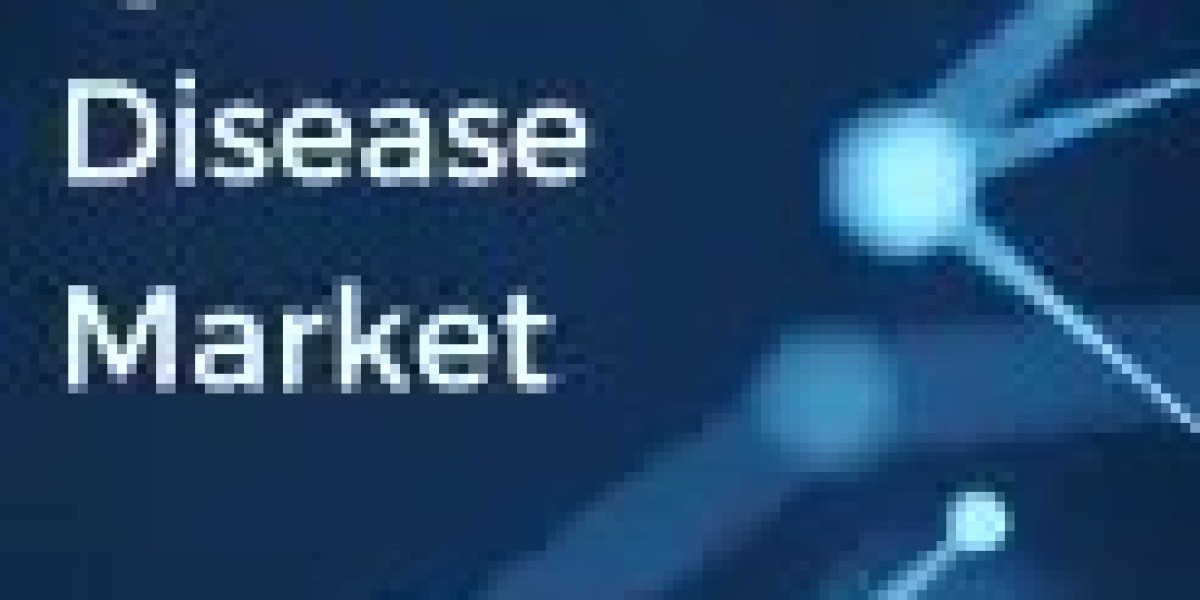IgG4-Related Disease (IgG4-RD) is an uncommon chronic autoimmune disorder where IgG4-positive plasma cells accumulate in various organs, causing tissue scarring and impaired organ performance. The disease typically affects the pancreas, salivary glands, and kidneys, and was officially identified as a distinct medical condition in the early 2000s. The IgG4-Related Disease Market includes diagnostic tools, treatment options, and patient care services, expanding due to better disease recognition, improved diagnostic methods, and new targeted therapies in development. This article provides an overview of market trends, financial projections, key developments, and major companies involved in this sector.
IgG4-Related Disease Market Size
The IgG4-Related Disease Market Size is expected to grow considerably in coming years as diagnosis rates increase and medical research progresses. Market data shows the global sector was valued at roughly $500 million in 2023, with forecasts suggesting it will reach $1.2 billion by 2030, reflecting a compound annual growth rate (CAGR) between 12-15%. This growth results from higher IgG4-RD prevalence, particularly among elderly populations, and the medical field's movement toward individualized treatment approaches.
North America leads the market due to advanced healthcare systems and higher diagnostic rates, followed by Europe and Asia-Pacific regions. Government programs supporting rare disease research and orphan drug classifications provide additional market support by encouraging pharmaceutical investment. However, limited diagnosis in developing countries may restrict growth in some areas.
IgG4-Related Disease Market Insight
The IgG4-Related Disease Market Insight shows a sector dealing with diagnostic difficulties while making therapeutic progress. The disease affects multiple organs simultaneously, making early identification challenging and often leading to confusion with cancer or other autoimmune conditions. Doctors now use biomarkers like elevated serum IgG4 levels and imaging techniques such as positron emission tomography (PET) scans for more accurate diagnosis.
Treatment approaches are shifting from general immunosuppressants like glucocorticoids to biologics that target specific immune system pathways, particularly B-cell depletion therapies. Clinical studies indicate that rituximab and newer monoclonal antibodies can help patients achieve remission and reduce disease recurrence. The adoption of AI-based diagnostic tools and telemedicine services is improving patient care, especially in areas with limited access to specialists.
Regulatory policies, including orphan drug status, are speeding up treatment approvals. However, high treatment costs and limited provider knowledge about the disease remain obstacles. Future developments may include combination therapies and gene-based treatments that could significantly improve disease management.
IgG4-Related Disease Companies
The IgG4-Related Disease Companies sector includes both large pharmaceutical corporations and smaller biotech firms. Roche is a major player with rituximab (Rituxan), a monoclonal antibody frequently used off-label for IgG4-RD because it effectively depletes B-cells. AbbVie, through Pharmacyclics, is developing ibrutinib, which shows promise in early clinical studies.
Companies like Bristol Myers Squibb and Novartis are investing in novel biologics, with Bristol Myers testing abatacept for difficult-to-treat cases. Biotech firms such as Viela Bio, now part of Horizon Therapeutics, developed inebilizumab, which targets CD19-positive cells and has potential for treating autoimmune diseases including IgG4-RD.
Other significant companies include Genentech, a Roche subsidiary, and MorphoSys, which focuses on antibody-based therapies. These companies are collaborating with research institutions on clinical trials testing new treatment options.
Conclusion
The IgG4-Related Disease market is growing steadily, supported by improved diagnostic capabilities and new therapeutic developments. With market value increasing and research advancing, leading companies are working to address this rare condition. As medical awareness improves and research continues, patients should see better treatment options that enhance their quality of life. Those following this market should monitor clinical trial results and regulatory approvals for the latest information.
Latest reports offered by Delveinsight
Advanced Cancer Pain Management Market | Bronchiolitis Obliterans Syndrome (BOS) Market | Charcot Marie Tooth Disease Market | COPD Market | Guillain-Barré Syndrome Market | JAK Inhibitor Market | Mayus Kinase JAK Inhibitors Market | Myofascial Pain Syndrome Market | Neurostimulation Devices Market | Orthopedic Trauma Devices Market | Parkinson Disease Market | Acute on Chronic Liver Failure (ACLF) Market | Airway Stent Market | Allergic Rhinitis Market | Anesthesia Workstation Machines Market | Artificial Kidney Market | Atrial Fibrillation Market | Bile Duct Neoplasm Market | Bone Neoplasms Market | Bronchial Neoplasm Market
About Delveinsight
DelveInsight is a leading healthcare-focused market research and consulting firm that provides clients with high-quality market intelligence and analysis to support informed business decisions. With a team of experienced industry experts and a deep understanding of the life sciences and healthcare sectors, we offer customized research solutions and insights to clients across the globe. Connect with us to get high-quality, accurate, and real-time intelligence to stay ahead of the growth curve.
Contact Us
Kanishk
kkumar@delveinsight.com






